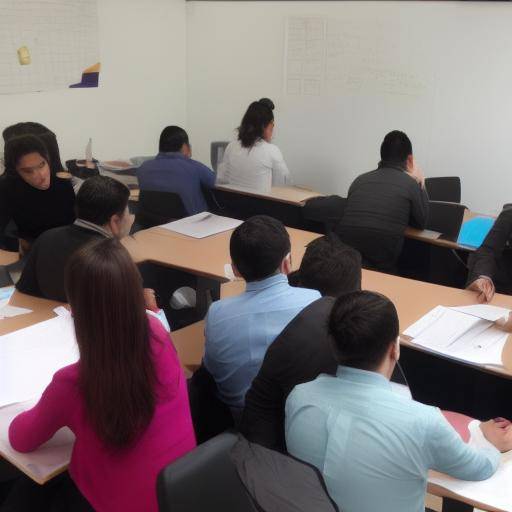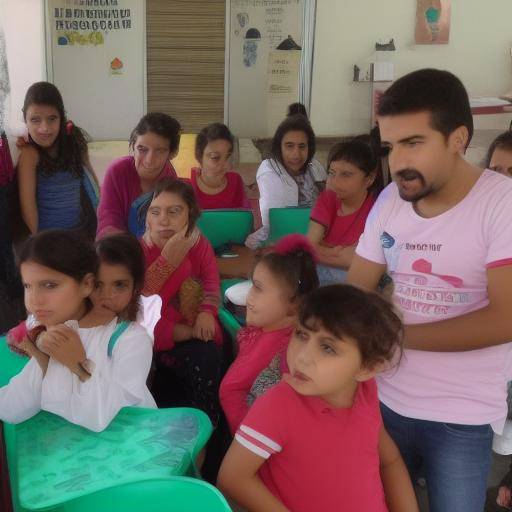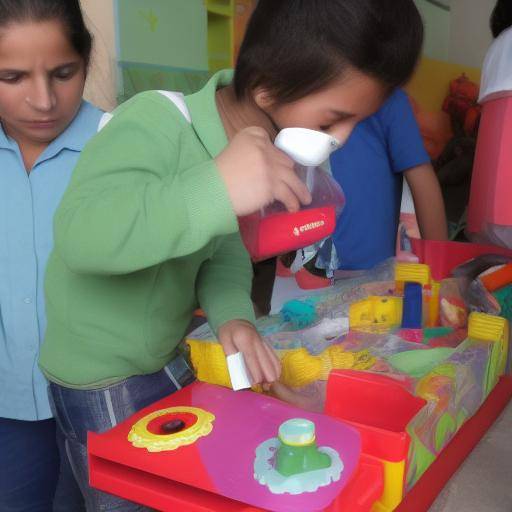
Introduction
Self-government in school projects is a crucial aspect for the integral development of students. Promoting autonomy promotes the ability of students to make decisions, assume responsibilities and develop their creativity. In this article, we will explore effective strategies to promote autonomy in school projects, their importance in the educational context and best practices that can be applied in school settings.
History and Background
The concept of autonomy in the educational field has a rich and diverse history that has evolved over time. From the pedagogical theories of influential educators such as Maria Montessori and John Dewey to contemporary currents of active and personalized learning, autonomy in education has been the subject of intense debate and development.
The notion of autonomy dates back to the pedagogues of the twentieth century, who stressed the importance of promoting independence and self-regulation in the educational process. The implementation of strategies to promote autonomy has undergone significant changes over the years, adapting to the needs and demands of the current society.
With the emergence of student-centred educational approaches, autonomy has become a key objective in the planning and implementation of school projects. The emphasis on the integral development of students and the preparation for a constantly changing world has placed autonomy as a fundamental pillar in contemporary education.
Analysis in Deep
Promoting autonomy in school projects not only benefits the academic development of students, but also influences their personal and emotional growth. By giving students greater control over their learning, an enabling environment is created for the development of skills such as decision-making, problem solving and time management.
Despite these benefits, effective implementation of strategies to promote autonomy in school projects also entails challenges. These challenges may include resistance to change by some teachers, the need for additional resources and the continued evaluation of results.
In-depth analysis of autonomy in school projects should also consider current trends in education. The growing need to develop soft skills and cross-cutting skills has placed autonomy as an essential component in the integral formation of students.
Full review
Practical implementation of strategies to promote autonomy in school projects encompasses a variety of approaches, ranging from challenging and significant tasks to creating opportunities for decision-making. The collaboration between teachers, students and parents is crucial in promoting an educational environment where autonomy is valued and cultivated.
Comparative analysis
Promoting autonomy in school projects is closely related to the development of innovative school projects. Both aspects converge in the search for a student-centred educational approach that promotes creativity, self-expression and meaningful learning.
Practical Tips and Accessible Advice
To promote autonomy in school projects effectively, it is essential to implement specific strategies that encourage decision-making, self-regulation and creativity. Some practical councils include the diversification of teaching methodologies, the promotion of interdisciplinary projects and the establishment of clear goals that allow students to take an active role in their learning.
Industry Visions and Expert Reviews
Gathering the perspectives of experts in the field of education allows us to understand the importance of autonomy in school projects from different approaches and contexts. These visions enrich the discussion on the implementation of effective strategies to promote autonomy and its impact on the integral development of students.






















































